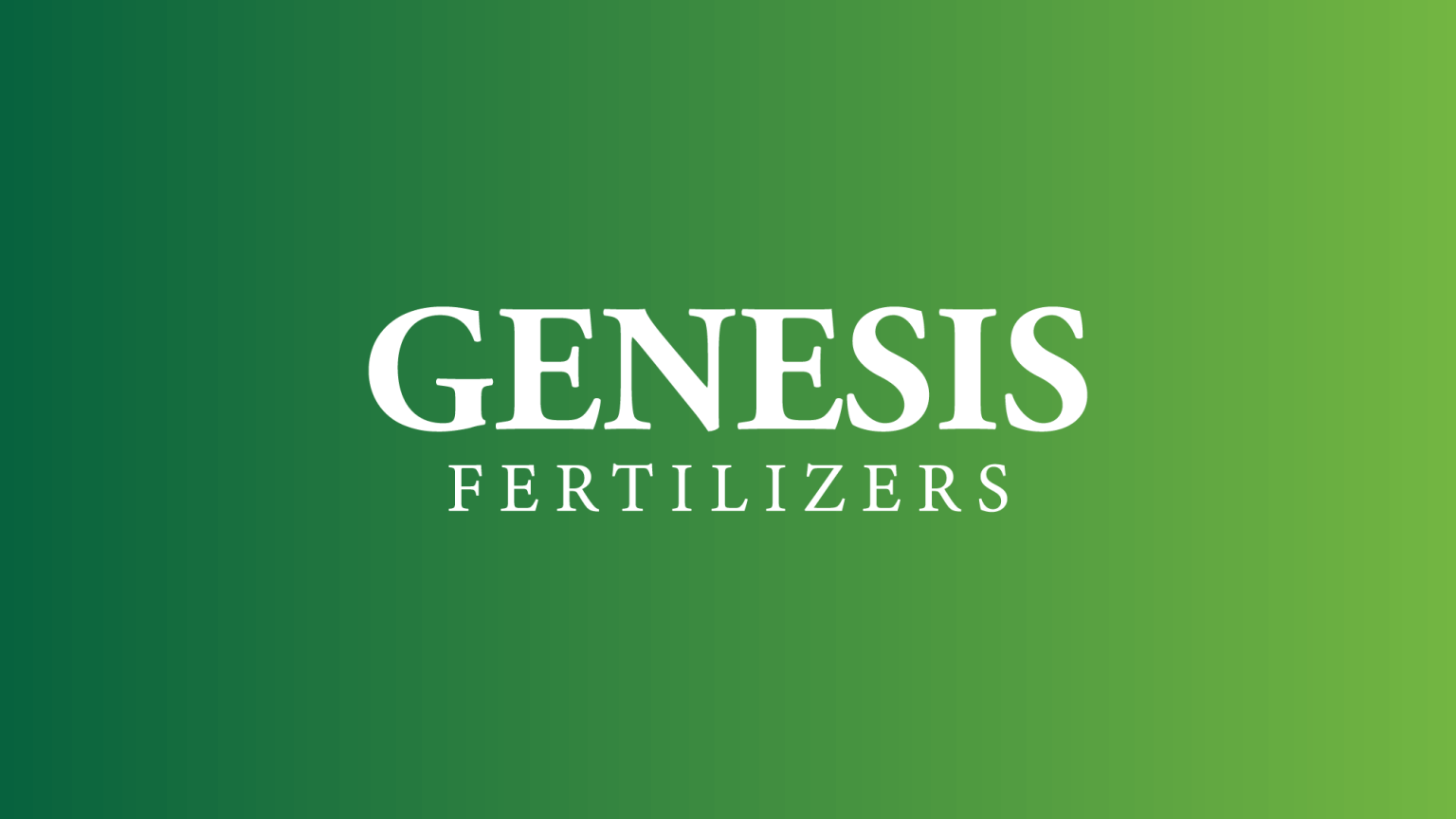As the world faces growing concerns about climate change and the need to reduce greenhouse gas (GHG) emissions, industries across the globe are rethinking how they operate. The Canadian fertilizer industry, a key player in the nation’s agricultural productivity, is no exception. Fertilizers are essential to growing healthy crops, but their production is energy-intensive and often contributes significantly to GHG emissions.
While essential for agriculture, producing nitrogen-based fertilizers can contribute to GHG emissions. The process requires substantial energy, typically relying on natural gas, which releases significant amounts of carbon dioxide (CO2) during production1. Furthermore, using nitrogen fertilizers on farms can lead to the emission of nitrous oxide (N2O), a potent greenhouse gas with a global warming potential nearly 300 times that of CO22. However, environmental impact is not the only challenge. Imposing carbon taxes put financial pressure on fertilizer manufacturers and farmers alike. Reducing the carbon footprint of fertilizer production is key to addressing environmental and economic challenges faced by farmers.
Genesis Fertilizers’ solution: Low-carbon intensity fertilizer
Genesis Fertilizers is proposing to tackle this challenge head-on by proposing a solution that not only tries to meet the demand for fertilizers but also aims to reduce the carbon intensity of their production. Genesis Fertilizers is exploring the use of carbon capture technology (CCT) and natural gas in the operation of its proposed fertilizer plant, and therefore Genesis Fertilizers seeks to set a new standard for sustainability in fertilizer production with benefits potentially extending far beyond the plant.
Genesis Fertilizers intends to lead the way in producing low-carbon intensity fertilizers by implementing CCT at its proposed production facility. This innovative process would capture CO2 emissions produced during nitrogen fertilizer manufacturing and either store them underground or repurpose them for other uses. The objective? A significant reduction in CO2 emissions from the production process3.
Additionally, Genesis Fertilizers plans to utilize natural gas, one of the cleanest burning fossil fuels available. By combining natural gas with CCT, Genesis Fertilizers will strive to reduce its emissions to levels well below the industry average, placing it at the forefront of sustainable fertilizer production4.
This forward-thinking approach is expected to enable Genesis Fertilizers to benefit from lower carbon taxes, an increasingly important consideration as governments worldwide move toward stricter carbon pricing policies. For Canadian farmers, this could translate into both local environmental benefits and additional profitability5.
The benefits: A lower carbon footprint and premium prices
Farmers who use Genesis Fertilizers’ low-carbon fertilizer could see significant benefits, both on the farm and in the marketplace. Using fertilizers produced with CCT at the source may help reduce a farming operation’s carbon footprint. A report by the World Bank highlighted that the demand for low-carbon agricultural products, like low-carbon grain, is steadily increasing as governments and consumers prioritize sustainability in food production6. Crops grown with low-carbon fertilizers could potentially be marketed as more sustainable, possibly positioning them to sell for a premium price in a market that increasingly rewards environmentally friendly practices7
This lower carbon footprint aligns with broader industry trends as food companies and retailers seek ways to meet their sustainability goals. In this sense, using Genesis Fertilizers’ low-carbon fertilizer could provide benefits to farmers through both lower operational costs as co-owners of the Fertilizer plant and the potential for access into new market opportunities where sustainably grown grain is in high demand8
The environmental impacts of using fertilizers with CCT and natural gas extend beyond the proposed production facility’s gates. Reduced emissions from the plant itself might offer financial benefits to the facility and their farm-ownership network through lower carbon taxes, which are currently expected to rise as the government continues to incentivize GHG reductions9
An environmental win-win for farmers
Genesis Fertilizers’ commitment to reducing CO2 emissions through CCT and using abundant Western Canada natural gas would represent a step forward for the Canadian fertilizer industry. This approach aims to provide farmers access to a more sustainable low-carbon fertilizer while also allowing them to possibly position their grain as low-carbon, which could lead to higher market prices10
As the world shifts toward a more sustainable future, Canadian farmers who secure their future with Genesis Fertilizers could find themselves ahead of the curve. Together, we can create a more sustainable agricultural system that balances the need for productivity with the responsibility to protect our planet.11
- International Fertilizer Association. “Fertilizer and Energy Use.” IFA.
- Environment and Climate Change Canada. “National Inventory Report 1990–2019: Greenhouse Gas Sources and Sinks in Canada.” Government of Canada, 2021.
- Nutrien. “Carbon Capture and Storage: A Climate Solution.” Nutrien, 2023.
- Fertilizer Canada. “Fertilizer Industry Steps Up Efforts to Address Climate Change.” Fertilizer Canada, 2022.
- Agriculture and Agri-Food Canada. “Reducing Greenhouse Gas Emissions from Agriculture.” Government of Canada, 2023.
- World Bank Group. Food and Agriculture Global Practice: The Business Case for Low-Carbon Agriculture. 2020
- International Plant Nutrition Institute. “Enhanced Efficiency Fertilizers.” IPNI, 2018.
- Fertilizer Canada. “4R Nutrient Stewardship.” Fertilizer Canada, 2023.
- Fertilizer Canada. “Fertilizer Industry Steps Up Efforts to Address Climate Change.” Fertilizer Canada, 2022.
- International Fertilizer Association. “Sustainable Agriculture.” IFA, 2022.
- The foregoing article is not an offer to sell or a solicitation of an offer to purchase securities by Genesis Fertilizers. The foregoing article includes forward-looking information and forward-looking statements with respect to Genesis Fertilizers and actual events or results may differ materially from the predictions provided in this article.
About Genesis Fertilizers
Genesis Fertilizers is proposing to finance, design and construct a new, highly efficient nitrogen fertilizer production and distribution system that serves today’s modern farmer. This will be comprised of a central production facility constructed near low-cost raw materials serving a Western Canadian network of strategically located farmer-centric distribution centres. Genesis Fertilizers’ is a privately held limited partnership, and its securities do not trade on any exchange.
Media Contact:
Jody Stadnyk, Director of Strategy & Communications
jstadnyk@genesisfertilizers.com
(639) 480-3026










